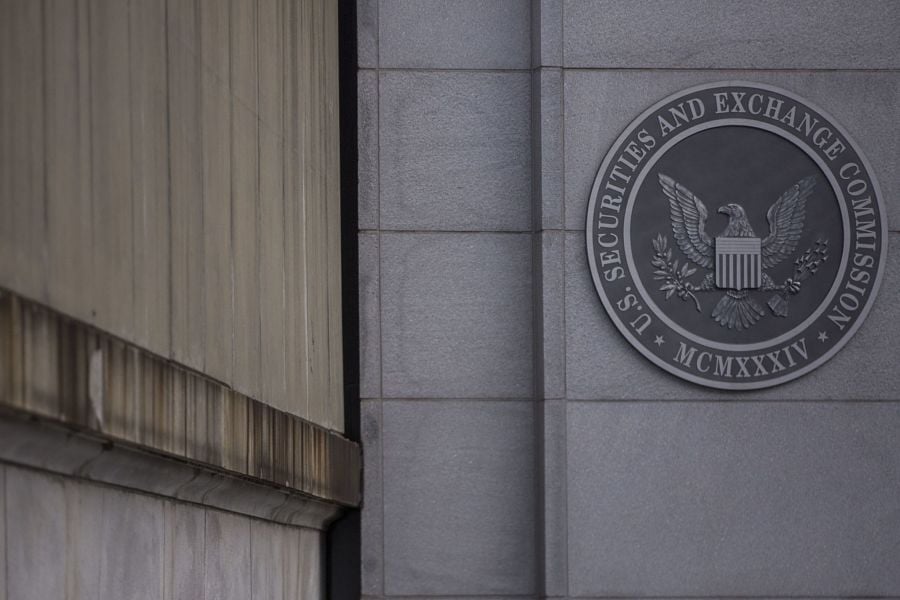

U.S. regulators have once again punted their decision on whether to approve a Bitcoin ETF.
The Securities and Exchange Commission said in a Wednesday regulatory filing that it will seek more public comment on a proposal to list a product on Cboe Global Markets Inc. It’s not the first time this year that the SEC has delayed giving an answer to the legions of crypto advocates pushing for a way to trade the largest cryptocurrency in an exchange-traded fund format.
Crypto enthusiasts have long been frustrated by the agency’s reluctance to sign off on a Bitcoin ETF, a product that could catapult the world’s most valuable digital token into the mainstream among institutional investors.
There were predictions earlier this year that the regulator would be more receptive under SEC Chair Gary Gensler, who once taught classes on digital assets at the Massachusetts Institute of Technology. But since he took the reins in April, the agency has continued to express concerns that crypto exchanges lack oversight. And it has laid out fresh warnings about the risks of mutual funds investing in Bitcoin futures.
As part of Wednesday’s announcement, the SEC asked the public to weigh in on aspects of the Cboe proposal, which seeks approval of a VanEck Associates Corp. ETF. The SEC set deadlines into July and perhaps even August for people to respond. Here are some of the agency’s key questions:
• Whether the trust and shares associated with the ETF would be susceptible to manipulation?
• Whether Cboe’s plan is set up to prevent fraud and manipulation?
• How transparent is Bitcoin?
• Has regulation of the Bitcoin market changed substantially in the past five years?
• What views do commentators have on the size and regulation of CME’s Bitcoin futures contracts?

Two longtime RIA industry figures have joined the board of directors at TaxStatus, a fintech company that garners thousands of IRS data points on clients to share with advisors for improved financial planning oversight and time savings.

Sieg, 58, was head of Merrill Wealth Management, left in 2023 and returned that September to Citigroup, where he worked before being hired by Merrill Lynch in 2009.

Firms announce new recruits including wirehouse breakaways.

"QuantumRisk, by design, recognizes that these so-called "impossible" events actually happen, and it accounts for them in a way that advisors can see and plan for," Dr. Ron Piccinini told InvestmentNews.

Advisors who invest time and energy on vital projects for their practice could still be missing growth opportunities – unless they get serious about client-facing activities.
Orion's Tom Wilson on delivering coordinated, high-touch service in a world where returns alone no longer set you apart.
Barely a decade old, registered index-linked annuities have quickly surged in popularity, thanks to their unique blend of protection and growth potential—an appealing option for investors looking to chart a steadier course through today's choppy market waters, says Myles Lambert, Brighthouse Financial.
